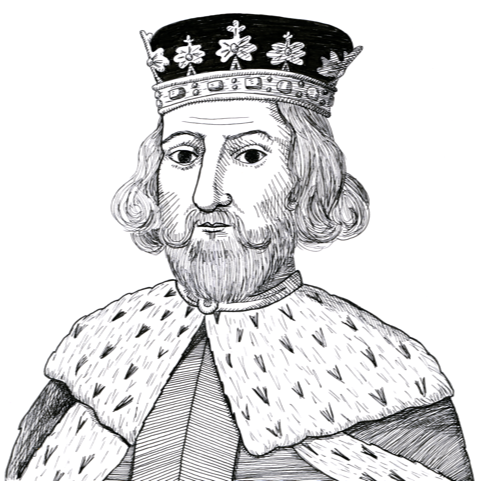
Under Magna Carta the King cannot impose taxes without the approval of the “common counsel” of the kingdom (1215)
Found in: Magna Carta: A Commentary
In June 1215, King John and his nobles signed the Greater Charter of Liberties (Magna Carta). Among the many restrictions placed upon the King by the Nobles was the idea that the king could not impose taxes without the approval of the “common counsel” of the Kingdom:
Taxation
No scutage nor aid shall be imposed on our kingdom, unless by common counsel of our kingdom, except for ransoming our person, for making our eldest son a knight, and for once marrying our eldest daughter; and for these there shall not be levied more than a reasonable aid. In like manner it shall be done concerning aids from the city of London.